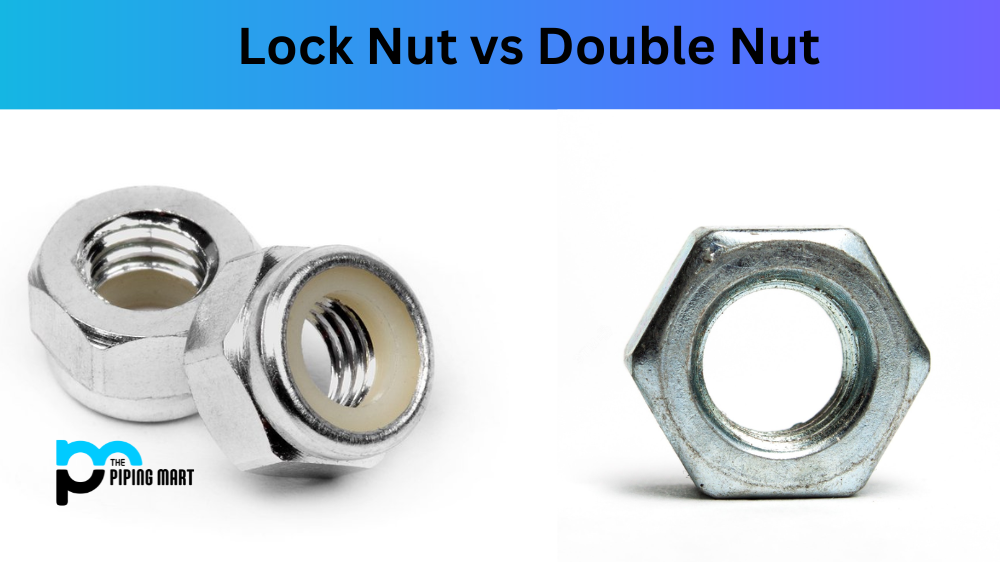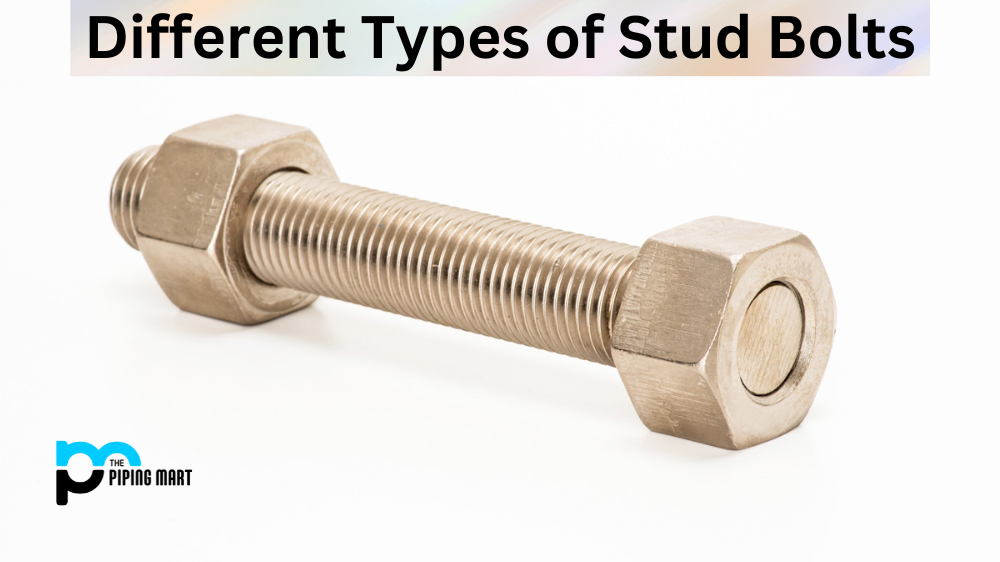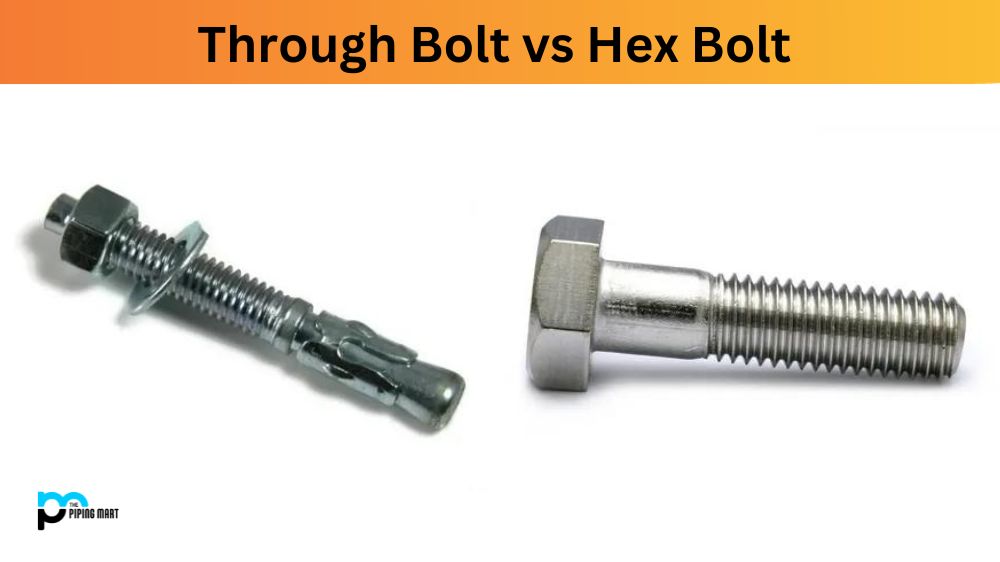Have you ever wondered what the purpose of a lock nut is? Or why it’s different from a double nut? When it comes to nuts and bolts, there are lots of different types to choose from. But two of the most common types are lock nuts and double nuts. In this article, we’ll break down the key differences between these two so that you can use them properly in any application.
What is Lock Nut?
A lock nut is a type of fastener used to prevent parts from loosening due to vibration or other forces. It has threads on both the inside and outside surfaces that interlock when tightened together. This creates an effective “locking” effect, hence its name. The primary benefit of this type of nut is its resistance to vibration-based loosening as compared to other nuts, such as hex or jam nuts. It also helps to ensure that hardware remains secure despite environmental factors such as temperature variations or moisture.
What is Double Nut?
A double nut is similar to a lock nut in that it prevents parts from becoming loose due to vibration or other forces. However, unlike a lock nut, it does not have threads on both sides – only one side has threads, and the other side is simply smooth. This means that when tightened together, they do not interlock like a lock nut but instead rely on friction between the two surfaces for their anti-loosening effect. As such, double nuts are typically used in applications where vibration is not expected but where some degree of anti-loosening protection is still desired.
Difference Between Lock Nut and Double Nut
- A lock nut, also known as a jam nut, is a type of nut that is used to secure another nut in place.
- A double nut is a type of nut that consists of two nuts that are screwed together.
- Lock nuts are typically made from steel or brass, while double nuts are typically made from nylon.
- Lock nuts are typically used in applications where vibration is an issue, while double nuts are typically used in applications where weight is an issue.
- Lock nuts are more expensive than double nuts.
- Lock nuts are available in a variety of sizes and thread types, while double nuts are available in a limited number of sizes and thread types.
Conclusion:
In conclusion, there are several distinct differences between lock nuts and double nuts when it comes to fasteners. While they both serve the same general purpose (preventing loosening due to vibration or other forces), they do so in different ways – with one utilizing threads on both inner and outer surfaces and one relying solely on friction between two smooth surfaces for its anti-loosening effect. Ultimately, which type you choose will depend upon your specific application requirements – so make sure you choose wisely!

Pipingmart is a B2B portal that specializes in metal, industrial and piping items. Additionally, we share the latest information and information about materials, products and various types of grades to assist businesses that are involved in this business.




